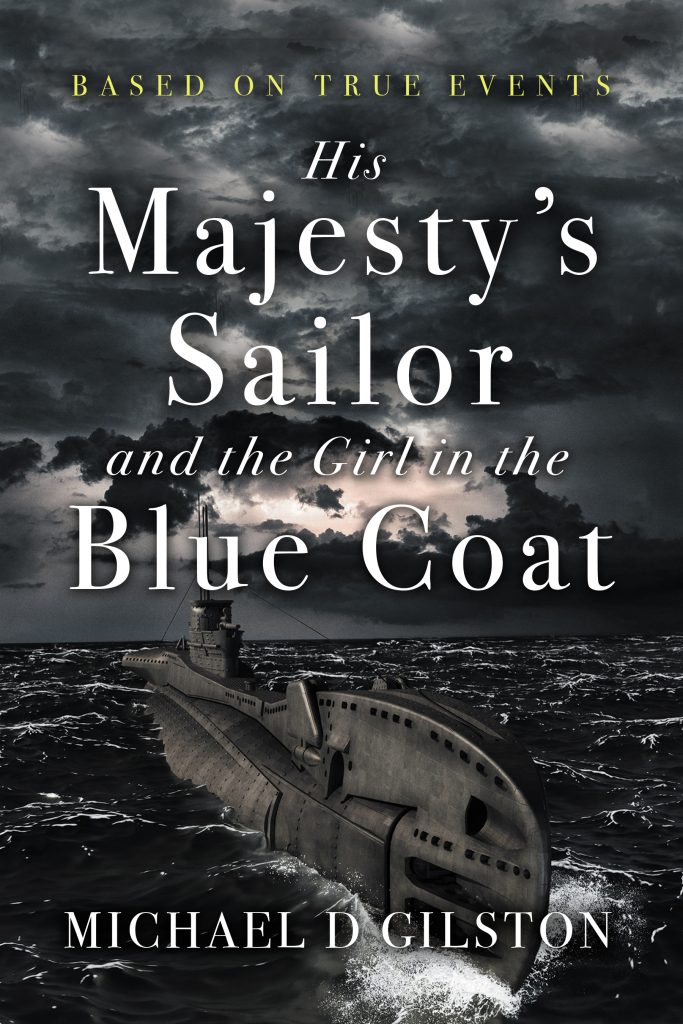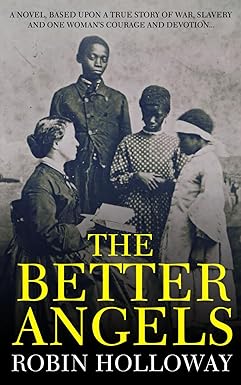A Most Wicked Conspiracy: The Last Great Swindle of the Gilded Age
In 1898, flakes of gold can be found in creeks and meadows and atop bedrock across wide swaths of northwest Alaska, leading to a frenzy of makeshift and temporary claims: twigs marking each corner of a site and sporting a pencil-written notice, miners working spots of sand along the beach south of the Snake River as long as they could, then giving up the area to the next prospector.
The activity soon attracts the attention of political boss Alexander McKenzie. With his connections in the U.S. Senate and financial and legal communities, he begins work on what he calls the Nome Proposition, a plan to wrest control of existing claims and bag the gold they yielded for himself and investors in his Alaska Gold Mining Company.
A Most Wicked Conspiracy explains how McKenzie set his plan in motion. This work of nonfiction tells a complicated story about political, financial, and legal machinations, fleshing out larger-than-life major characters such as McKenzie and Gatling gun-toting William H. Metson as well as “foreigners” from Norway, Sweden, and Lapland who were first to find gold and the men who panned for the mineral in the “poor man’s paradise” on beach sands and believed their labor was free from the bosses of industry.
The book reveals the rough-and-tumble pioneer life of hastily built Nome and the twists and turns of a young American legal system as it stakes out the rule of law. Well-researched and entertaining, A Most Wicked Conspiracy is an impressive accomplishment.










